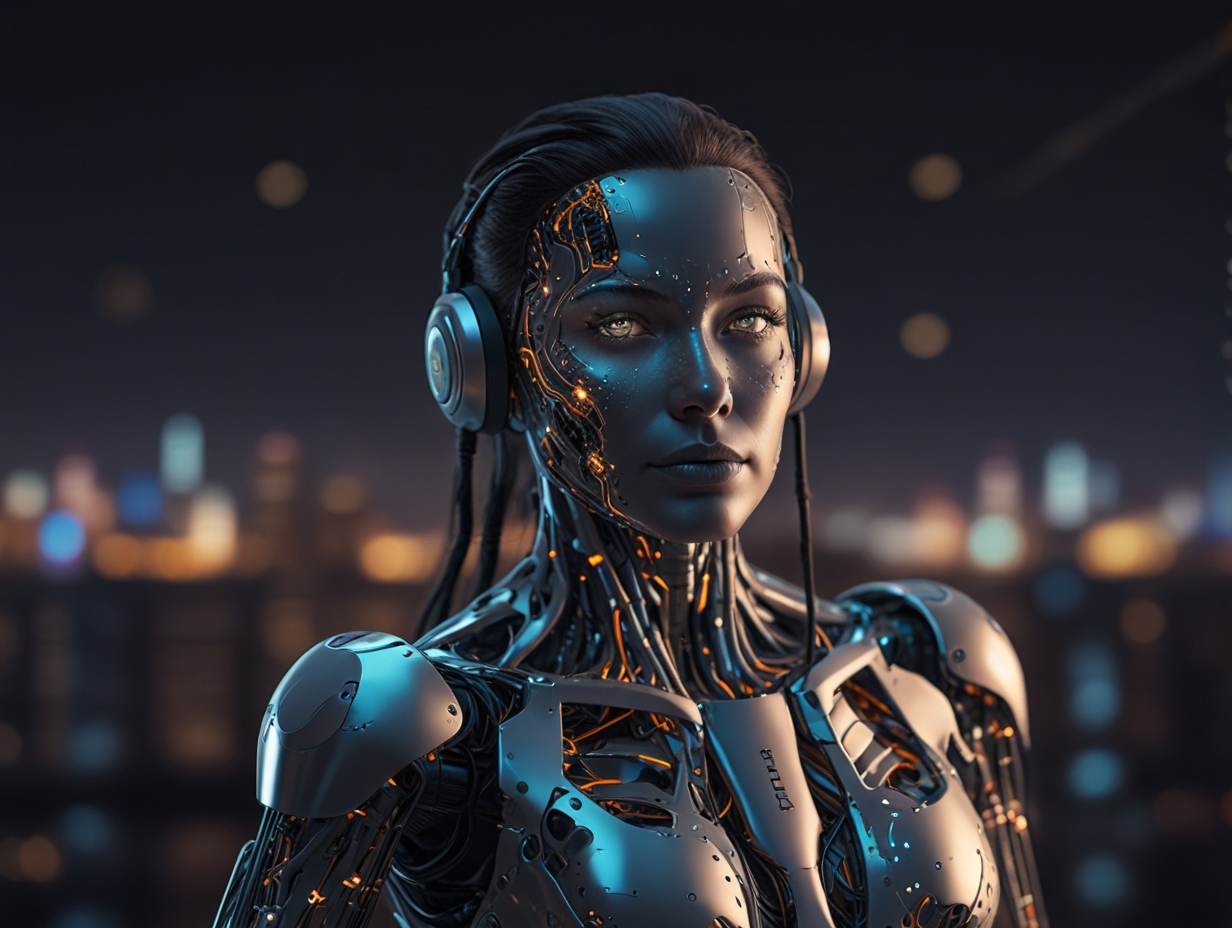In a world of technological advancement, the demand for greater control over human rights data has become an imperative echoed across global communities. As societies grow increasingly conscious of the potential and actual misuse of data by various socio-political and trade entities, conversations around the regulation of artificial intelligence (AI) have gained prominence. Concerns about the ethical implications of emerging technologies drive this discourse. The need for federal legislation in the United States and the European Union’s efforts to anthropomorphize digital life.
The contours of the AI landscape raise significant questions about the future and the boundaries that must be established. The juxtaposition of technological innovation and human rights forms the crux of the issue. The awe-inspiring progress in generative AI, exemplified by accessible platforms like ChatGPT, underscores the potential for AI to propel human advancement across various spheres. AI offers multifaceted advantages, from democratizing access to knowledge to enhancing predictive capabilities. However, this technological prowess necessitates prudent regulation to ensure the benefits far outweigh the potential hazards.
Toward inclusive AI regulation
Two distinct paradigms are vying for prominence in the quest for effective AI regulation. The first centers around risk-based regulation, emphasizing self-regulation and AI engineers’ self-evaluation. This approach seeks to mitigate risks rather than relying on rigid rules. While it imbues the private sector with substantial responsibilities, it raises concerns about potential regulatory gaps. The second paradigm, which carries considerable weight, advocates for integrating human rights principles throughout AI’s life cycle. This approach involves embedding human rights considerations from data collection to model deployment, safeguarding against authoritarian uses and societal control.
AI’s limitations, though integral to the discourse, do not impede its potential to be harnessed for good. The urgency to address AI’s shortcomings—underscored by the COVID-19 pandemic’s amplification of global inequalities—demands swift and decisive action. Instances of biased AI systems perpetuating inequality or deploying autonomous weaponry necessitate comprehensive assessments of risks and impacts at every stage. Transparency, independent monitoring, and accessibility to remedies are prerequisites in AI deployment, particularly when the State is involved.
The convergence of AI and human rights manifests in critical sectors like justice, law enforcement, migration, and social protection. AI in these domains carries heightened risks of authority abuse and privacy invasion. Addressing such concerns demands a holistic approach, integrating data protection frameworks, competition laws, and sector-specific regulations.
However, the responsibility to regulate AI extends beyond government entities. Corporations also bear an ethical onus, as the Guiding Principles on Business and Human Rights underscored. These principles call for enterprises to uphold human rights throughout their operations, ensuring the responsible introduction of AI products and services to the market.
As the global discourse intensifies, the role of the United Nations emerges as pivotal. The United Nations can catalyze fostering a collaborative environment among stakeholders, governments, businesses, civil society, and AI experts. This collaboration can culminate in comprehensive recommendations to navigate the complexities of AI governance.
The creation of an international advisory body for high-risk technologies is a proposition under consideration. Such a body, aligned with universal human rights and the rule of law, could provide valuable insights into regulatory standards. The transparent communication of its findings could further enhance global AI governance.
The intersection of AI and human rights necessitates a balanced approach that maximizes AI’s potential while safeguarding against its adverse consequences. The clamor for increased control over human rights data is emblematic of societies’ collective aspirations for a technology-driven future rooted in ethics and fairness. As the world grapples with ongoing challenges, from climate change to global crises, the urgency to establish a harmonious coexistence between AI advancement and human rights protection is undeniable.





